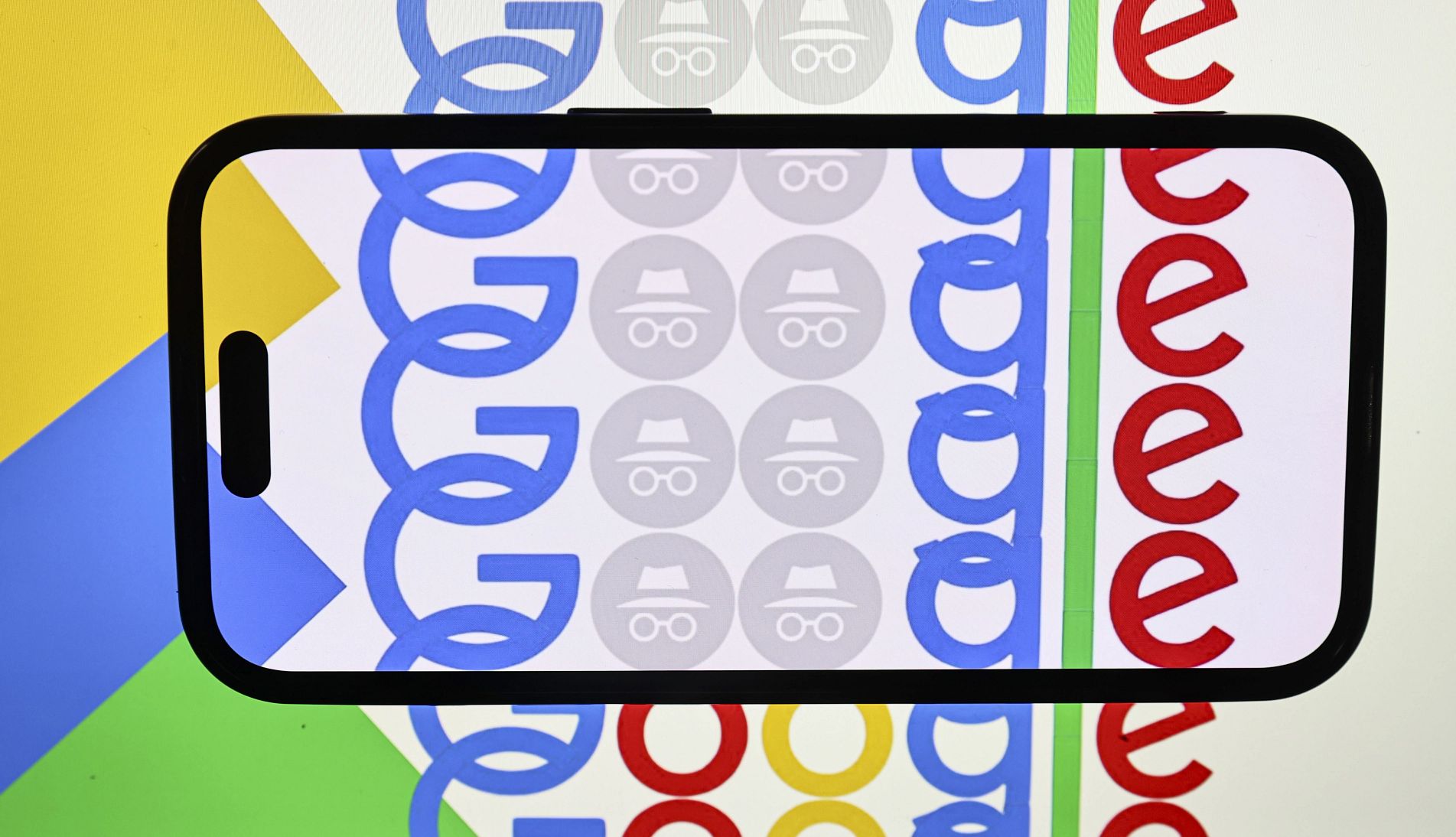
Google settlement is small victory for privacy rights
- Select a language for the TTS:
- UK English Female
- UK English Male
- US English Female
- US English Male
- Australian Female
- Australian Male
- Language selected: (auto detect) - EN
Play all audios:

While Google’s agreement to erase billions of private browsing records as part of a class-action lawsuit will be a victory for privacy advocates, it appears little will change for most
users. Even so, it’s a positive development for older adults for whom privacy is top of mind. Of course, the developer of the most popular browser in the U.S., Chrome, still knows plenty
about its customers. Older adults are more skeptical about online privacy than younger users, according to an October report from the Pew Research Center in Washington, D.C. Fewer than 2 in
5 of adults 65 and older say they always or almost always agree to online privacy policies without reading them, as do about half of adults age 50 to 64. Almost three-quarters of 18- to
29-year-olds say yes without checking out the fine print. But younger adults also know more about ratcheting up the privacy settings on their social media accounts or using a browser that
doesn’t track them, the Pew report shows. GOOGLE'S ‘INCOGNITO’ GAVE OFF AURA OF INVISIBILITY The Google lawsuit revolves around an optional “incognito” feature in its Chrome browser,
which the plaintiffs alleged gave the false impression that anyone employing that mode would not be tracked while online. The issue was spelled out in documents filed April 1 in a San
Francisco federal court: “This settlement is an historic step in requiring dominant technology companies to be honest in their representation to users about how the companies collect and
employ user data.” In a statement to the press, Google spokesman Jose Castaneda called the case “meritless” adding, “We never associate data with users when they use incognito mode. We are
happy to delete old technical data that was never associated with an individual and was never used for any form of personalization.” YOU NOW SEE MORE HONEST DISCLOSURE LANGUAGE UP FRONT
Besides the mandated demolition of private browsing records, which applies to data older than nine months, Google also has had to “rewrite its disclosures to tell users that it collects
private browsing data.” The changes went into effect at the end of March. What you now see on the screen that appears when you enable the incognito option is the following: the mode “won’t
change how data is collected by websites you visit and the services they use, including Google.” Google also is required to alter its privacy policy to disclose “that activity on third-party
sites and apps that use [Google] services is collected regardless of which browsing or browser mode you use.”
